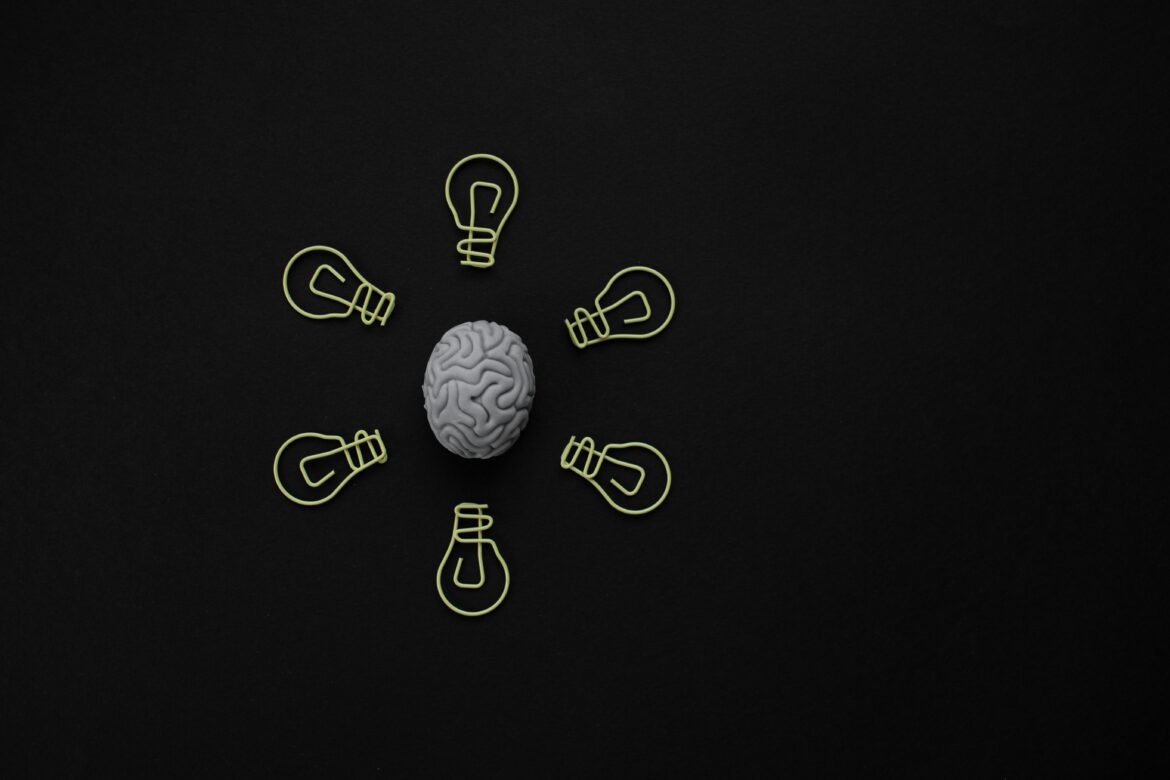The University of Colorado, University of Miami, and Washington University teams created the headband specifically for the wearer.
There is currently no cure for Alzheimer’s. Alzheimer’s disease is the most prevalent type of dementia and, according to the World Health Organization (WHO), accounts for 60–70% of dementia cases. According to the WHO, there are more than 55 million dementia sufferers globally.
Although there is currently no cure for Alzheimer’s, significant attempts are being made to prevent the illness or at the very least to identify it early.
A “fitness tracker for brain health” has also been added to this strategy for fighting the condition.
According to ScienceAlert, a team from the Universities of Colorado, Miami, and Washington University created the unique headband. The group frequently use electroencephalography (EEG) to monitor brain wave patterns that could be early indicators of dementia long before the condition starts to have an impact on our behavior.
“Demonstrating how we can assess digital biomarkers for early indications of disease using accessible and scalable headband devices in a home setting is a huge advancement in catching and mitigating Alzheimer’s disease at the earliest stages,” says clinical neuropathologist Brice McConnell from the University of Colorado.
205 elderly persons participated in the trials. The headbands were used by researchers to identify slow waves, sleep spindles, and theta bursts among other brain processes. These patterns of brain activity are linked to the way memories are organized while we sleep.
Scientists have already observed a connection between poor sleep and Alzheimer’s, but the precise nature of the relationship is still unclear. Currently, it is unclear exactly how sleep affects Alzheimer’s development and vice versa.
The research team discovered alterations in brain pattern during sleep. They concentrated on patterns that might be connected to the amyloid tau protein buildup that is frequently observed in Alzheimer’s patients’ brains.
“What we found is that these abnormal levels of proteins are related to sleep memory reactivations, which we could identify in people’s brainwave patterns before they experienced any symptoms,” explains McConnell.
Will these headbands be freely accessible then? There is still time for that because there is ongoing study into the precise causes of Alzheimer’s. But it will be a big stride when these headbands are widely accessible.



